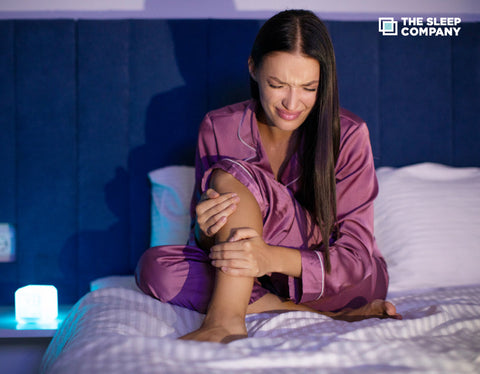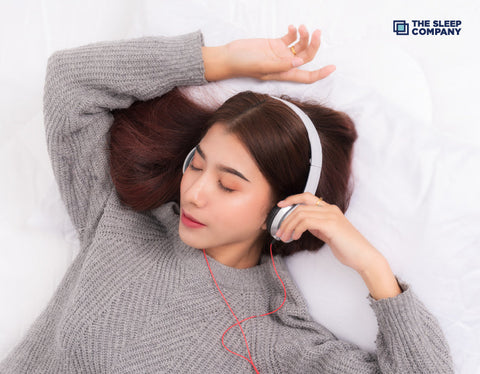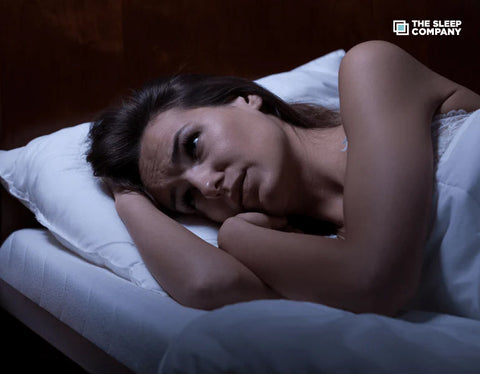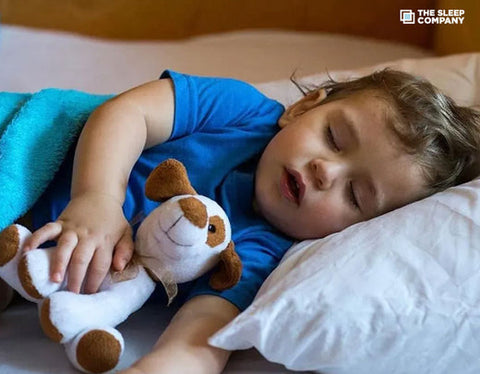My Cart
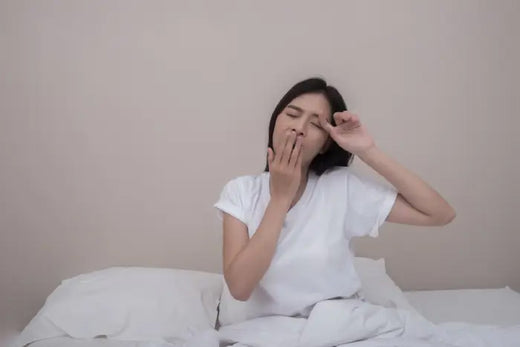
Micro Sleep Causes and Dangers


When we are sleeping, our consciousness is altered, and we are comparatively quiet and silent and have little interaction with our environment. While we are physically quiet while we sleep, the brain is quite active and performs a number of critical tasks. Every bodily function depends on sleep, including our capacity to fight off illness, build immunity, regulate our metabolism, and reduce our chance of developing chronic diseases. Sleep also has an impact on how we will feel and think the next day. Because it affects every facet of health, sleep is really multidisciplinary.
Every component of the body needs sleep, but young children’s developing bodies and minds make sleep even more crucial. Sleep deprivation or poor quality rest in young children can lead to disruptive behaviour, a reduced ability to absorb and retain knowledge, a tendency for unhealthy eating habits, and weight increase.
Now picture yourself repeatedly jerking yourself awake while watching a movie. When your car hits a rumble strip when you are traveling at night, you become alert. You have encountered microsleep in both situations. Based on when it occurs, microsleep might be harmful or merely bothersome.
What is microsleep?
Microsleep refers to sleep cycles that last under 30 seconds. In many cases, you are unaware of them. As you struggle to stay awake, you can experience a number of microsleep episodes quickly after one another. Your brain frequently alternates between being awake and asleep during microsleep. Only just a few seconds pass during each sleep cycle. Before the brain detects sleep, it must last for at least a minute.
You may have had a microsleep, if- Your body twitches or your head drops forward and you are awakened,
- You notice that you’re blinking or yawning too much.
- You are not aware of what just occurred.
- You have problems digesting information
The following signs and symptoms are related to this condition: delayed blinking, dropping your head, experiencing unexpected bodily jerks, and not responding to questions or information.
Anywhere, including at work, school, or while watching TV, it can happen. Microsleep is a risky condition since it can occur even while operating machinery or while driving.
Causes of Microsleep
A potential risk for microsleep is insufficient sleep. This may occur if you struggle with sleeplessness, work a late shift, or are otherwise unable to obtain enough restful sleep. If you have a sleep condition, you might also experience microsleep.
- An obstruction in your upper airway prevents you from breathing normally while you sleep if you have obstructive sleep apnea. Your brain doesn’t get much-needed oxygen during sleep as a result, which might cause daytime sleepiness.
- Extreme daytime sleepiness and sporadic, involuntary episodes of dropping asleep are symptoms of narcolepsy.
- Disorder of irregular limb movements
- Abnormalities of the circadian rhythm
Although the precise mechanism of microsleep is not entirely understood, it is thought to occur when some areas of the brain doze off while other areas stay awake.
Effects and dangers of microsleep
Any high-stakes circumstance requiring quick reactions becomes risky when the individual microsleeps because it temporarily reduces or renders them unresponsive to inputs.
While driving

Only drive a vehicle whenever you feel aware to protect yourself and others safe. Driving with a friend that can take over if you start to nod off is also beneficial.
There are indicators that you should stop, such as:
- drifting,
- yawning often,
- missing exits,
- Or thick eyelids
Additionally, to stay awake while driving, keep your mind active. Listen to fast-paced music, an audiobook, or a podcast.
At work

Do not use any machinery or equipment while at work if you are feeling sleepy or drowsy. Injury or an accident may result from this. Take part in discussions and chats to stay aware and focused.
Whenever you can, stand up from your seat or workplace to stretch your legs. Being physically engaged can awaken your body and battle tiredness.
Consult a doctor if you alter your lifestyle but continue to encounter microsleep episodes or feel sleep deprived. To verify or eliminate a sleep issue, you might need a sleep study. Future instances of microsleep might be avoided by understanding the underlying reason for sleep loss.
Ways to cope with microsleep
Depending on what causes the episodes, treatment for microsleep typically include lowering or eliminating factors that contribute to excessive sleepiness and sleep loss. Patients with insomnia and hypersomnia may benefit from sleep-quality-improving medications, which also lower the chance of microsleep episodes.
Practicing good sleep hygiene can lower the likelihood of microsleep by improving the effectiveness and quality of sleep. Sleeping enough can be improved by:
- Limiting or stopping the use of gadgets in the hours before night to lessen exposure to stimulating blue light
- Avoiding large evening meals, liquor, and
- Avoiding large evening meals, liquor, and caffeine
- Keeping the bedroom dark, calm, and cool
- Ensure that you are using the ideal mattress for you by making sure it fits you precisely. One of the wisest moves you can make is to get a good bed or the best mattress online.
Summary
Microsleep can be a dangerous condition, so learn how to identify signs and symptoms of this condition in yourself and others. Improving the quality of your sleep, be it by consulting a doctor or investing in sleep hygiene such as a mattress, not only stops you from falling asleep at the wrong place and time but also contributes to better health.
An adequate amount of sleep can improve your energy level, mood, and concentration while reducing your risk for health problems.

























